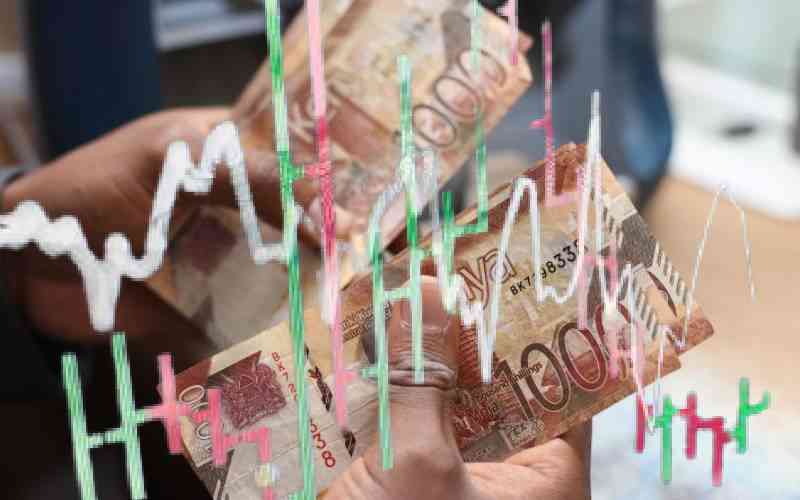×
The Standard e-Paper
Join Thousands Daily

The depreciation of the Kenyan shilling easily mimics the numbering of the transport routes in Nairobi. At one time the shilling was heading to Kikuyu, route 102. Then 125 to Ongata Rongai. It shifted direction to Ruiru, route 146. We hope it will not get to Thika, 237!